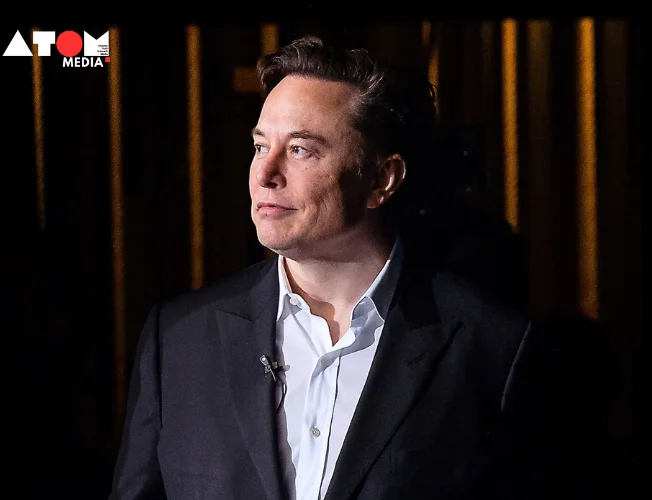In a move indicative of its growing interest in the Indian automotive market, Tesla, the world’s leading electric vehicle (EV) company led by Elon Musk, has reportedly signed a strategic agreement with Tata Electronics to secure semiconductor chips. This deal positions Tata as a key supplier for global companies seeking to establish a foothold in India’s burgeoning semiconductor industry.
Strategic Deal Positions Tata Electronics as a Major Player
The details of the agreement, which was reportedly executed discreetly a few months ago, were exclusively revealed by The Economic Times. The deal establishes Tata Electronics as a reliable supplier for high-profile global clients looking to set up a critical segment of their semiconductor value chain within India. This move signifies not only Tesla’s interest in the Indian market but also its intent to diversify its supply chain beyond its current footprint.
Tesla’s India Ambitions: EV Manufacturing and Beyond
Tesla’s foray into the Indian market extends beyond simply generating local revenue. The company is eyeing entry into the world’s fastest-growing automotive market, a fact further underscored by Elon Musk’s scheduled visit to India this month. During this visit, Musk is expected to make announcements regarding potential investments in India, including plans for establishing EV manufacturing facilities. Tesla’s current market valuation positions it as the world’s largest automotive company.
Building a Local Ecosystem: The Importance of Semiconductor Sourcing
Ashok Chandak, president of the India Electronics and Semiconductor Association (IESA), highlighted the significance of Tesla’s efforts to establish a local supplier base for electronics and subsystems. This move reflects Tesla’s commitment to diversifying its supply chain and fostering a robust domestic ecosystem. However, Mr. Chandak emphasized the need for further development within India’s local semiconductor sourcing infrastructure. A more robust local ecosystem is crucial for supporting industries like automotive, which require high value addition within their supply chains.
Investment Plans and Market Strategy
Anticipations suggest that Tesla is likely to invest approximately $2-3 billion in India to set up electric car manufacturing facilities. This investment reflects the growing demand for EVs within the Indian personal mobility market. Recent policy adjustments by the Indian government have proven to be a catalyst for this development. These adjustments allow automakers to import EVs priced above $35,000 at a reduced import duty rate of 15%. However, to avail of this benefit, automakers must commit to investing $500 million within three years to establish manufacturing facilities in India.
Tesla is expected to prioritize the introduction of premium electric models initially, while simultaneously exploring the possibility of local manufacturing for entry-level electric vehicles.
Tata Electronics Bolsters Workforce for Semiconductor Expertise
In recent months, Tata Electronics has taken steps to bolster its workforce by hiring 50-60 highly skilled expatriates. These new hires possess expertise in semiconductor technology, strategic planning, and design, and their knowledge is expected to significantly enhance Tata Electronics’ business operations.
Diversifying Supply Chains in a Post-Pandemic World
The COVID-19 pandemic has had a significant impact on global supply chains. In response, Tesla has undertaken efforts to diversify its component sourcing beyond China, particularly for critical electronic, electrical, and mechanical parts. While Tesla maintains a policy of confidentiality regarding its supplier information, the company does manufacture certain electric components internally, such as electric motors, battery packs, and chargers. It procures sub-assemblies and other parts from a network of global suppliers.
Tata Electronics: A Well-Positioned Partner
Tata Electronics boasts established semiconductor manufacturing facilities in Hosur (Tamil Nadu), Dholera (Gujarat), and Assam. The company has ambitious plans for further expansion, aiming to create a well-integrated supply chain within India. To date, Tata Electronics has invested a significant sum of $14 billion into its business operations. According to informed sources, the company has made substantial investments in the development of indigenous technologies across various platforms. Additionally, Tata Electronics has assembled a team with a combined global domain expertise exceeding 1,000 years, further solidifying its position as a strong partner for Tesla.





